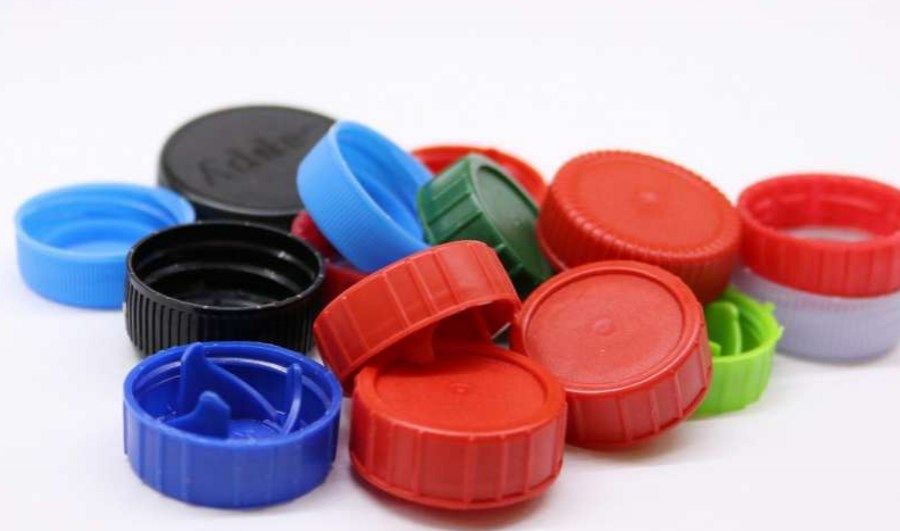Bioplastic made from seaweed and microorganisms
A new sustainable technology developed by Tel Aviv University researchers could free the world from adding tons more to the backlog of plastic waste in the environment. Israeli researchers have described a bioplastic production process using seaweed and microorganisms.
According to the NationóIn the United States, plastics account for up to 90 percent of all pollution found in the oceans. However, few porównable and environmentally friendly alternatives to plastic. But this may change. Israeli scientists have developed a fully biodegradable plastic produced by microorganisms.
In the journal „Bioresource Technology” published a paper describing a process for producing completely biodegradable polymerów, które are formed from microorganismsóin seaweed-eating.
– Plastics take hundreds of years to decompose, so bottles, róFULL WIPPING AND ADVERTISEMENTSówki create plastic „continents" floating in the oceans, endanger animals and pollute the environment. Plastics are made from productóin petroleum, and in this production process, as a byproduct, pollutants are created – said Alexander Golberg of Tel Aviv University, one of the coółautorów research.
As the scientist admitted, a partial solution to the plastic pollution epidemic is bioplastics, whichóry in the production process that does not consume petroleum and degrades quickly. – Our new process produces „plastics" Of marine microorganismsów – Golberg explained, and added that the developed material is completely transformed into a waste formóin organic.
Scientists have used microorganisms thatóre feeding on seaweed to produce a biodegradable polymer called polyhydroxyalkanoate (PHA). – Our raw material was multicom seaweedórkowe grown in the sea. These algae were eaten by microorganisms monocomórkowe, whichóre róThey also live in very salty water and produce a polymer thatóry can be used to produce bioplastic – explained Golberg.
– There are already factories producing this type of bioplastic in commercial quantities, but they use plants thatóre require groundóin agricultural and freshwater. Our proposed process will enable countries with freshwater shortages, such as Israel, China and India, to switch from plastics that use oil in the manufacturing process to biodegradable plastics – Golberg.
New research could revolutionize global efforts to clean up the ocean, according to the paper’s authorsów, without affecting arable land and without using fresh water.
– We have demonstrated that it is possible to produce bioplastics entirely based on marine resources in a zar-friendly processóThe new process will make it possible to create disposable dishes or cutlery that will be completely biodegradable. We are now conducting basic research to find the best bacteria and algae thatóre would be most suitable for the production of polymerów on bioplastics o rótion of the properties – admits the scientist.
